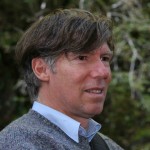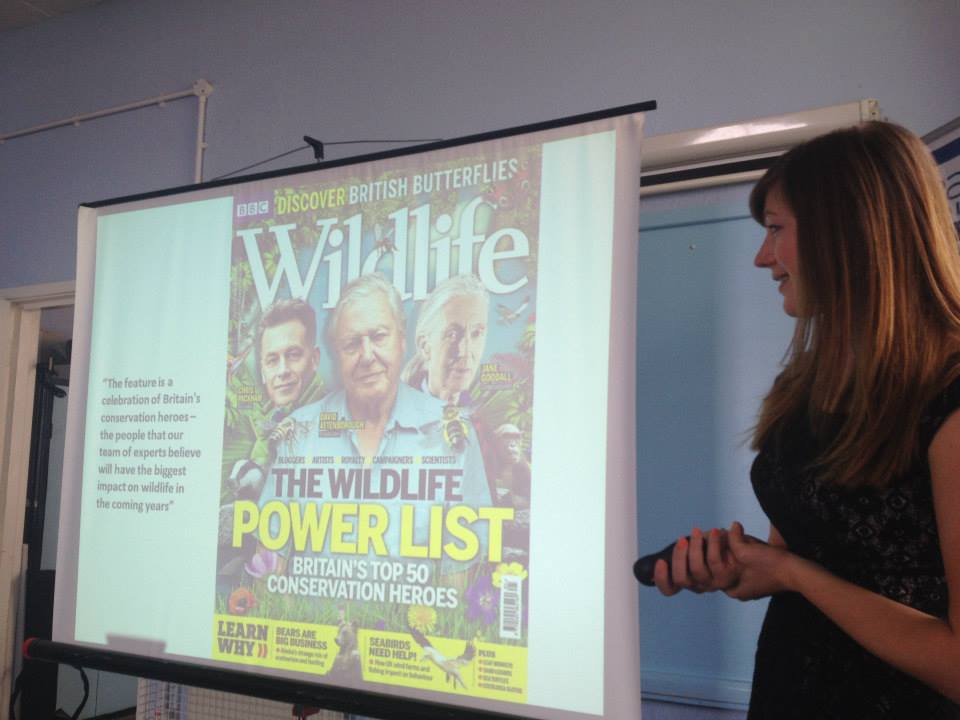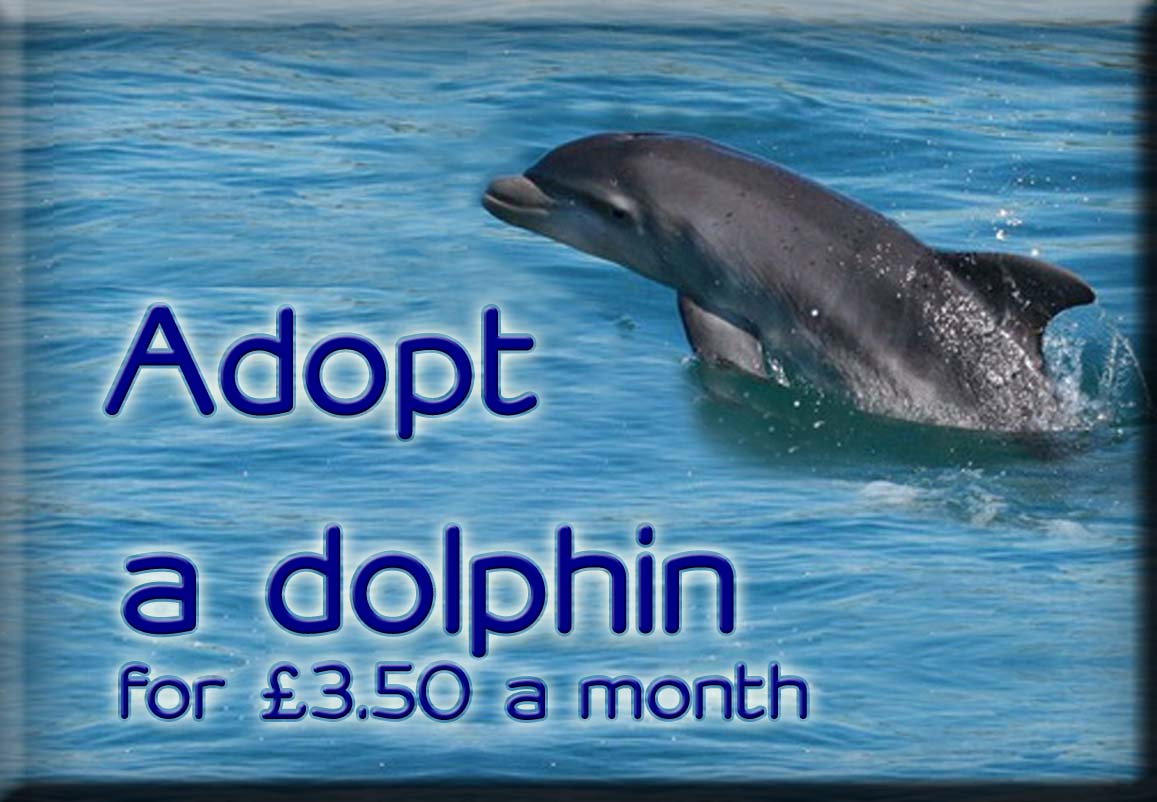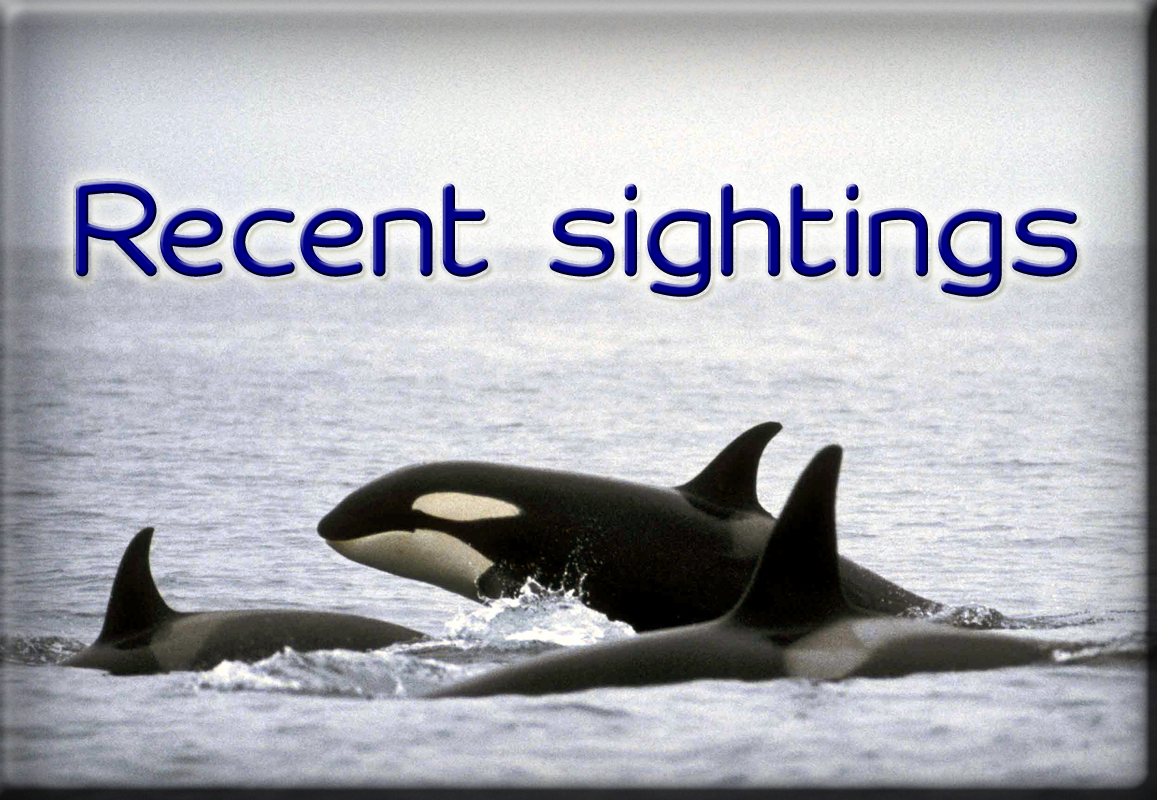As it’s officially winter and cetacean news is usually less numerous, our volunteer, Angharad, thought it would be the perfect opportunity to get to know the Director and Founder of the Sea Watch Foundation. Peter Evans…this is your life!
1) At what age did you become interested in wildlife and conservation and what (if anything) led to you becoming interested?
I have been interested in wildlife for as long as I can remember, definitely as far back as age five. When I was eight I started to keep a daily record of the number and variety of bird species in my garden – and I seem to have continued counting things ever since. I’m sure my parents were responsible for my interest. My father loved the countryside and we’d go for long walks in it, bird nesting wherever possible. My mother cared for animals, starting a wildlife hospital when I was very young. We looked after all sorts of creatures – wild birds, mammals, reptiles and amphibians (not to mention having ponies, sheep and a monkey).
2) Although I am going to be green with envy when you respond to this question, I’m still going to have to ask…! how many different cetaceans have you encountered and where?
Goodness. I don’t know how many I’ve seen – not a huge number, probably around half of the world’s species. I’ve been lucky to have done quite a lot of travelling (more than fifty countries) from Greenland, Iceland, the Faroe Islands and Norway across most of Europe and North America to the Caribbean and South America, across to Central and East Africa and the Indian Ocean (but not yet to the Far East).
3) What was your most memorable encounter?
I have lots of memorable encounters – lying on the deck of a small boat at sunset in the Caribbean (off Dominica) listening to singing humpbacks on headphones; being zapped by porpoise clicks as they investigated our hydrophone in Shetland; stroking a gray whale from a pirogue in a Mexican lagoon, as other whales competed for attention; watching around fifty humpbacks bubble netting off the coast of west Greenland; my first big whale – a fin whale off the coast of Co. Cork, near Kinsale, when I was a teenager; being purposively splashed by white-beaked dolphins in the Hebrides, and having orcas bow ride the RIB as we drove towards the Cuillins of Skye. Those are just some….
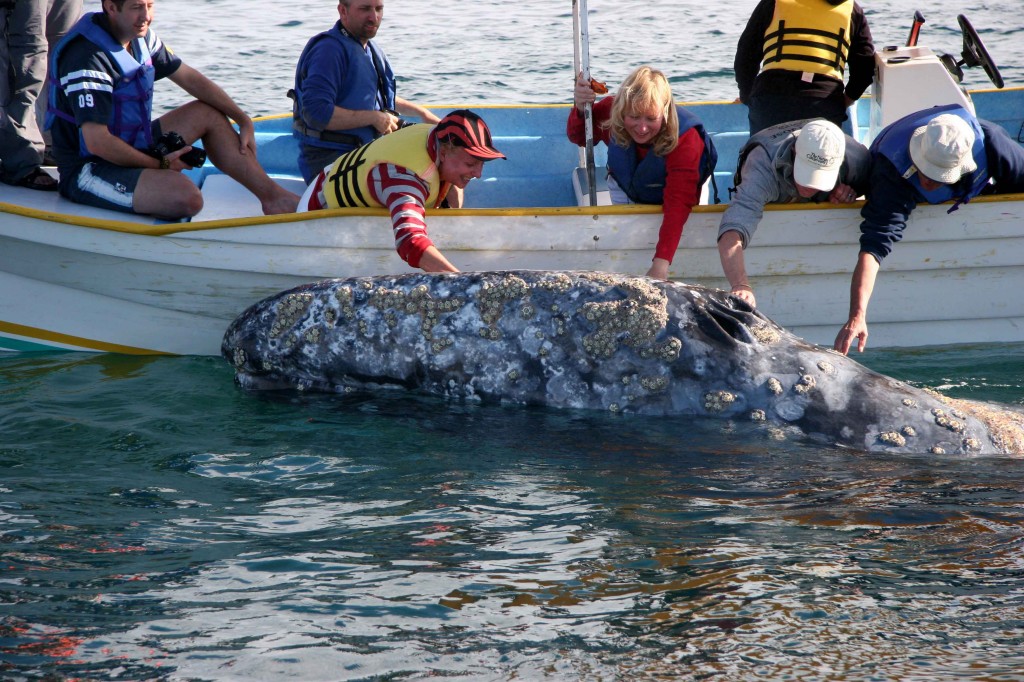
A shot from Peter’s thrilling Gray whale encounter, though he took the picture rather than being in it!
4) What was the worst encounter?
One of the saddest encounters I had was of two common dolphins that live stranded in the Teifi Estuary by Cardigan. We tried to rescue them. One died almost immediately and the other did not want to leave it, squeaking plaintively all the while. Eventually we managed to refloat it and the dolphin swam away.
5) What is the most frustrating/hardest part about being a Director at the SWF?
I’m afraid there are several frustrating parts. Most important, there are never enough hours in the day. There are so many different tasks to attend to, and I feel I never manage to do any of them properly. Take today as an example: My main task was to be an administrative one – preparing the annual accounts for the charity. I make some progress with that but also have phone calls from the media asking me questions about cetacean biology, students with queries over their projects, an Icelandic PhD thesis review to finish up, UK Masters student projects to formulate, some lectures to prepare for later in the week, a paper on porpoises to review for a journal, a letter to the European Commission to highlight concerns for deficiencies in addressing the threat of fisheries bycatch in Europe, editing a draft newsletter for children who have adopted dolphins in Wales, following up on sightings datasets for a series of analyses, supplying pictures of fin whales for an educational project in the Baltic, and numerous other little jobs. As I write this, midnight is approaching but I expect to continue for at least another hour and I won’t achieve everything I need to do.
6) What is the best part of being Director?
Well, many of the tasks one has to undertake as Director are also the best parts of the job, though the times I get out to sea to conduct fieldwork are inevitably the most enjoyable, whilst any progress, however small, to improve the conservation of marine mammals (and other wildlife) gives one a warm feeling. It is good to operate at all levels – from giving small children the opportunity to see their first whale or dolphin, conducting line transect surveys or photo-ID off some of the most beautiful coastlines in the world, giving a lecture to five hundred marine mammal scientists at an international conference, meeting with the oil and gas industry to recommend priority areas of research on the impacts of sound upon marine life, to negotiating conservation action with governments at an EU level. Going from one to the other of these on a day-to-day basis is the stuff of life.
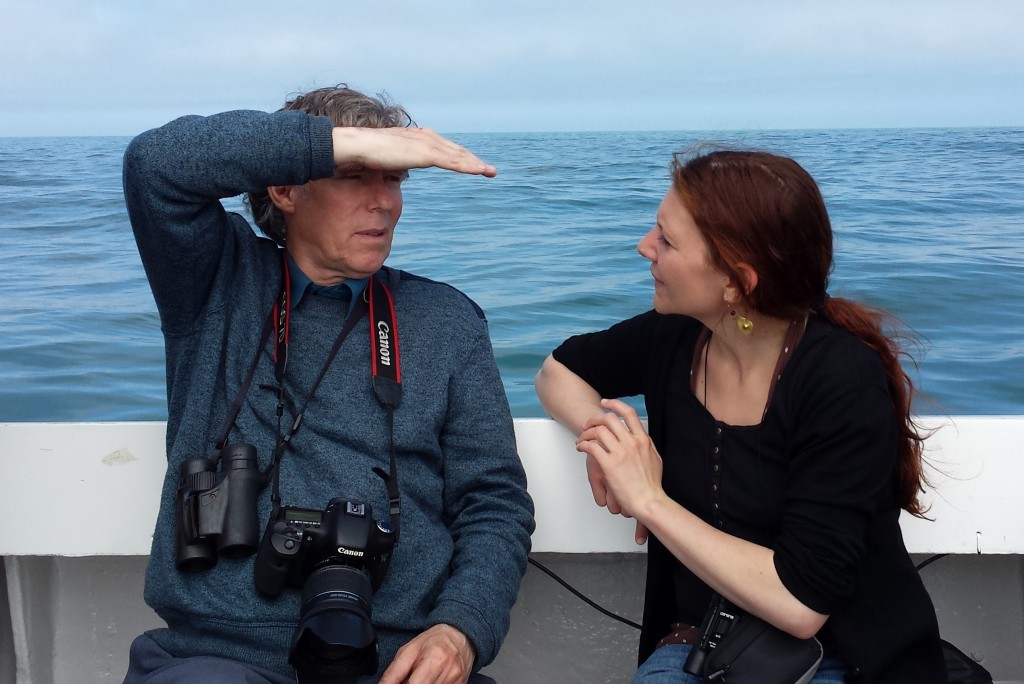
Peter talks with Kathrin on one of the SWF cetacean survey training courses offered each year (www.seawatchfoundation.org.uk/cetacean-survey-training-courses/)
7) If you could be mystic Meg for just a moment – What would you like to see happen in 2016?
I’d like to see the UK government submit to the European Commission a list of sites as candidate SACs for harbour porpoise. I am cautiously optimistic that will happen. I’d like to see the UK government (and the devolved administrations) take environmental matters more seriously. In these economically hard times, political attention to the environment always diminishes and yet that is so short sighted. Sadly, it doesn’t win votes. Our statutory conservation agencies are increasingly losing their independence, and the once focus upon wildlife conservation is fast disappearing in favour of making the countryside a playground for people. The preservation of wildlife is no longer undertaken for its own sake but only where an obvious economic benefit can be seen.
8) If you had one wish what would it be?
I’d like to see people and groups working together more to achieve conservation action rather than competing with one another as often seems to happen. That is easier said than done when there are limited financial resources available for organisations and thus inevitable competition for those. Over the last forty years I’ve watched new bodies start up, often with very similar ideals. Each finding their own niche can be challenging, but if they all pull together and work to what is surely a common aim, we could achieve so much more. This applies not only to NGOs but also if partnerships with government bodies, industry, and other stakeholders were forged.
9) What in your mind has been the biggest achievement of the SWF since it began?
Sea Watch really started in the early 1970s when I was a student. The sighting of my first big whale, and many dolphin groups off SW Ireland expanded my love of seabirds to marine mammals. My friend Pete Kinnear and I formed the Cetacean Group within the Mammal Society – a network of volunteer observers around the UK recording live cetacean sightings. I met with a lot of resistance over the feasibility of collecting useful scientific information from live animals. We were the first to attempt this in Britain, where the emphasis was still very much on studying dead animals – either strandings or ones killed in the whaling industry. Quickly a network of observers from all walks of life built up and the result has been the largest database of its kind in Europe. This “citizen science” project started forty years before the term was ever coined and now legions of people realise the opportunity to observe cetaceans in British waters and beyond. In order for the aims of the Cetacean Group to develop, we sought charitable status and re-named it Sea Watch Foundation. Over the years, we have helped shape the only international conservation agreement, ASCOBANS, in Northern Europe; provided basic information for the application of the Habitats Directive to coastal cetaceans in the UK; helped write the Biodiversity Action Plans for UK cetaceans following the Rio Summit; and focused attention on the need for protected areas in the UK. Those are some of the efforts that I hope have left a useful legacy for future generations.
10) How did it feel when you were told you had been listed by the BBC Wildlife Magazine’s as one of the 50 most influential conservation heroes? (I think I was at the AGM when you were told!)
Frankly I was pretty shocked. Of course I feel honoured but I don’t think it should be taken very seriously. There are lots of people who should have been on that list above several of us, and I’m sure some of the others listed would agree. You cannot really pick out specific individuals without missing several unsung heroes.
11) What is your New Year’s Resolution?
I don’t make New Year’s Resolutions in case I cannot meet them! What I hope can be achieved this coming year is for a stronger, more influential organisation, a more financially secure one, reaching out to more young people, and giving all sections of society more opportunity to join in with us, to learn about marine mammals, and experience their wonder for themselves.
Interview conducted by Angharad Carrington-Edmunds, Sea Watch Volunteer.
If you are inspired by any of Peter’s stories, please click on the links below to find out how you can become a volunteer and help the Sea Watch Foundation:
Become an observer (all over the UK excluding Wales)
Join the Welsh Sea WatchersProject (Wales only)

